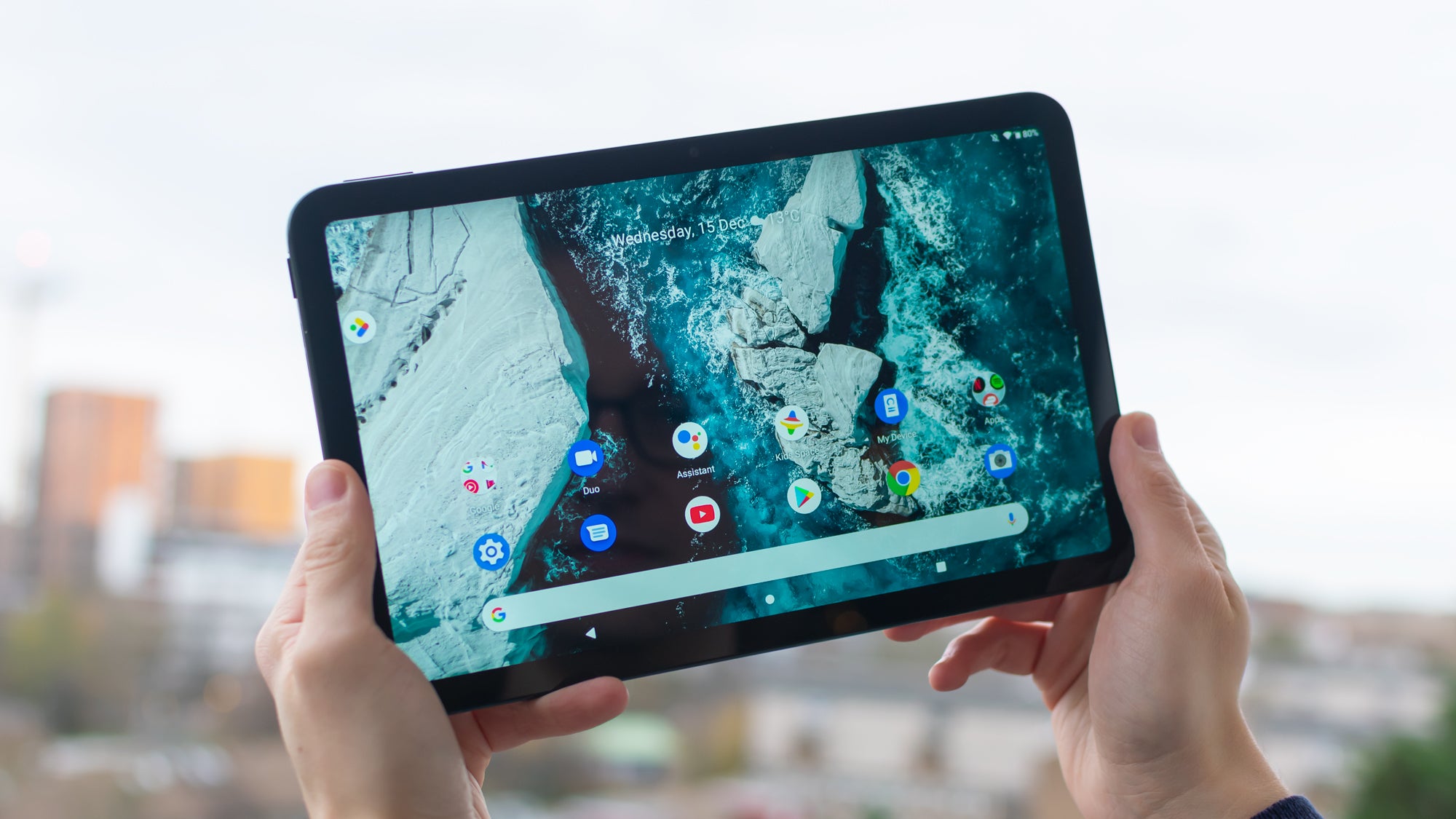
Market Share Dynamics
The Android tablet market has seen notable growth, challenging Apple's iPad dominance. In the second quarter of 2024, Apple's iPad held a market share of approximately 35.8%. However, Android tablets have been gaining traction rapidly.
Android Market Share
As of the second quarter of 2024, Android tablets accounted for around 45% of global tablet shipments. This marks a substantial increase from previous years, showcasing a strong trend towards Android-based devices.
Vendor Performance
Several key vendors have driven the growth of the Android tablet market:
- Samsung: Held over 20% market share in Q2 2024, despite a slight dip from the previous quarter.
- Huawei: Contributed significantly with a 9.4% market share.
- Lenovo: Steadily increased its presence, holding a 7% market share.
- Xiaomi: Rapidly gained momentum, especially in Asia, with a 5.9% market share.
Regional Trends
Different regions show varying levels of success for vendors:
- Asia: Xiaomi and Huawei have seen significant success due to strong demand for affordable, feature-rich devices.
- Europe: Samsung and Lenovo maintain a strong presence with a mix of high-end and budget-friendly options.
- North America: Apple's dominance is more pronounced, but Android tablets are gaining ground among budget-conscious consumers.
Operating System Versions
The Android operating system has evolved significantly, with the latest versions holding the highest market shares among mobile and tablet devices as of July 2024:
- Android 14.0: Leading with a 28.08% market share.
- Android 13.0: Second most popular, holding a 21.32% market share.
Usage Patterns
Android tablets serve various purposes, making them appealing to a wide range of users.
Streaming and Entertainment
Streaming content is a primary use for Android tablets. With services like Netflix, YouTube, and Disney+, these devices have become essential for entertainment. Reports indicate that around 22% to 23% of people use tablets for streaming videos, movies, and sending emails.
Productivity
Many users rely on Android tablets for work-related activities such as email management, document editing, and collaboration tools. The flexibility of these devices allows seamless switching between different modes, making them ideal for both personal and professional use.
Gaming
Gaming is another significant use case. With advancements in hardware and software, Android tablets can handle demanding games with ease. The rise of cloud gaming services like Google Stadia and NVIDIA GeForce Now has further enhanced the gaming experience.
Vendor Strategies
To maintain market share and attract new customers, vendors are adopting various strategies.
Apple's Response
Despite its dominance, Apple has seen a decline in market share. In response, new iPad models and accessories like the Apple Pencil Pro are expected to launch, potentially reversing the trend. Apple's focus on innovation and user experience remains a major factor in its success.
Samsung's Strategy
Samsung has been expanding its tablet lineup with various models catering to different market segments. High-end features like large displays, advanced cameras, and long battery life help maintain a strong presence.
Huawei's Approach
Huawei leverages its existing smartphone ecosystem to promote its tablets. Offering seamless integration with Huawei smartphones aims to attract users familiar with its ecosystem.
Xiaomi's Strategy
Xiaomi has found success in the budget segment with affordable tablets offering impressive specifications at competitive prices. This focus on value for money has helped gain significant traction in regions like Asia.
Future Outlook
Several trends indicate continued growth for the Android tablet market.
Advancements in Hardware
Improved processors, higher storage capacities, and better display quality will make Android tablets more appealing to consumers.
Software Updates
Regular software updates are crucial for maintaining user satisfaction. Vendors need to ensure timely updates to keep devices secure and feature-rich.
Emerging Trends
Foldable displays and 5G connectivity will further enhance Android tablets' capabilities. These innovations will open up new use cases and attract more users.
Competition from Other Platforms
The tablet market includes other platforms like Windows, which are gaining traction. Microsoft's Surface tablets have been successful in the enterprise segment, indicating room for multiple players.
The Android tablet market in 2024 is characterized by significant growth and competition. Major vendors like Samsung, Huawei, and Xiaomi contribute to the rise of Android tablets. As technology advances and new innovations emerge, the market is expected to remain dynamic and competitive, offering users a wide range of options tailored to their needs and preferences.
